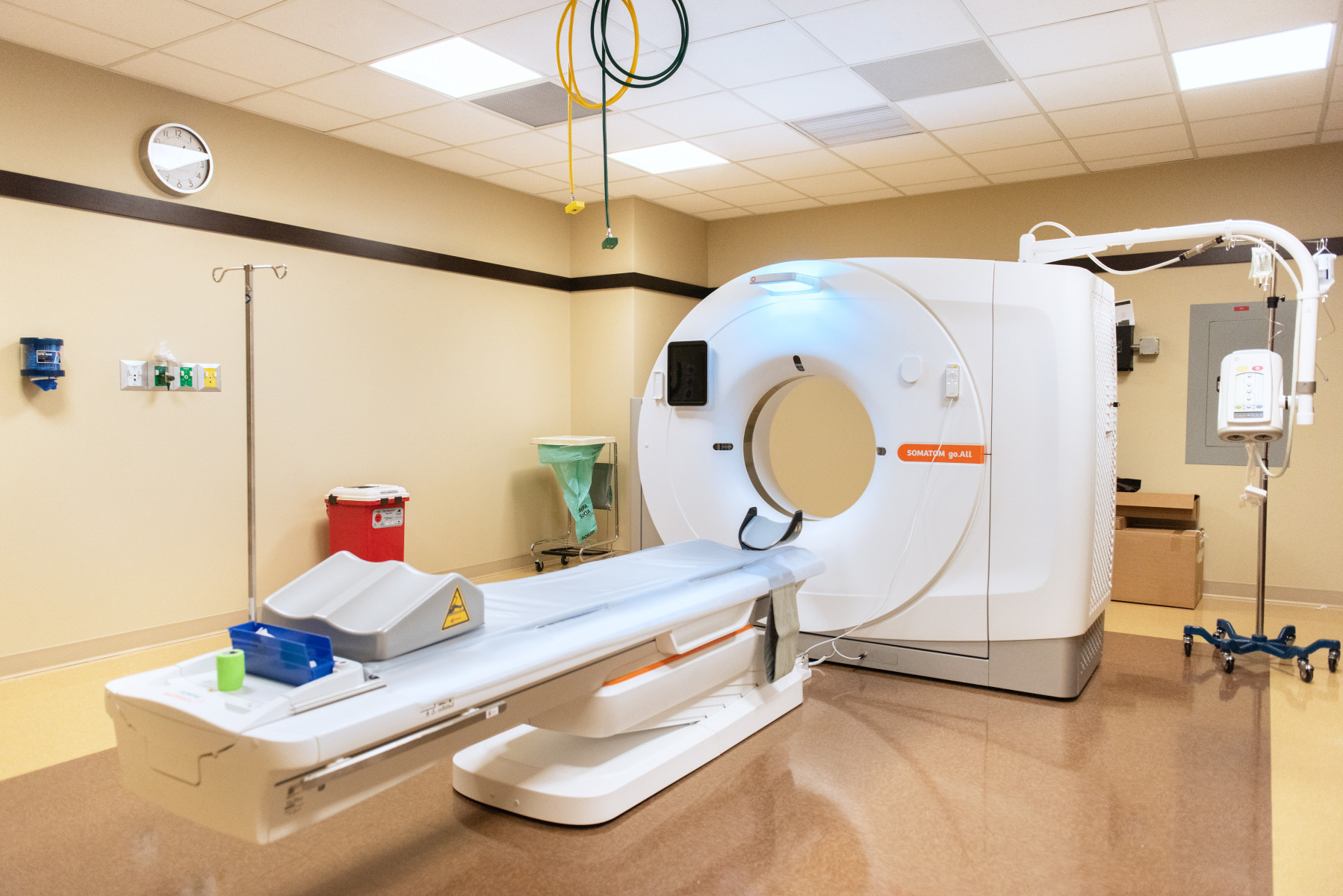
Increased expression of specific genes in patients with prostate cancer may predict whether or not the cancer will respond well to hormone therapy, according to a new study published in Nature Communications.
Out of every 100 American men, approximately 13 will get prostate cancer during their lifetime, according to the Centers for Disease Control and Prevention, and two to three of those will die from the disease.
While there is no cure, prostate cancer can be slowed by hormone therapy, which works by suppressing the production of testosterone. Even with hormone therapy, many men develop resistance to hormone blockers and experience cancer relapse.
It remains unclear why some patients develop resistance to hormone-blocking drugs and others don’t, said Sarki Abdulkadir, MD, PhD, the John T. Grayhack, MD, Professor of Urological Research, vice chair for research in the Department of Urology and a co-author of the study.
To better understand treatment resistance in prostate cancer, Abdulkadir and his collaborators analyzed prostate cancer cell lines that had developed resistance to enzalutamide, a commonly used hormone blocker. They found that enzalutamide-resistant prostate cancer cells exhibited enhanced expression of MYC, a gene known to be involved in cancer metastasis.
RNA sequencing on prostate cancer patients confirmed that increased MYC expression is a feature of enzalutamide resistance, according to the study. Further analysis also revealed that prostate cancer patients had higher expression of NME2, a gene that when overexpressed, prevents death in cancer cells.
Investigators then evaluated single-cell profiles from a prostate cancer patient who went on to develop resistance to enzalutamide, to see if increased MYC and NME2 signaling could serve as a biomarker for patients at risk of developing treatment resistance. They found proteins from both genes were present in increased numbers prior to enzalutamide treatment, according to the study.
The findings represent a potential new therapeutic target for prostate cancer, Abdulkadir said.

“The significance of the findings are that the MYC pathway is increased in prostate cancer that is resistant to the enzalutamide,” said Abdulkadir, who is also co-principal investigator of the Robert H. Lurie Comprehensive Cancer Center of Northwestern University’s Prostate Cancer Specialized Program of Research Excellence (SPORE). “The way the MYC pathway is upregulated seems to be through NME2. Basically, the regulator of the regulator was defined in this paper. Now either of these could potentially be targeted to make the tumors more sensitive to enzalutamide.”
The results of the paper also pave the way for predicting which prostate cancer patients will respond well to hormone therapy, a future research direction in the Abdulkadir laboratory, said Mihai Truica, a student in Feinberg’s Medical Scientist Training Program (MSTP) and co-first author of the study.
“I think this raises the possibility of finding a biomarker for a selection of patients that could respond to MYC inhibition. We could potentially sequence the tumors from these patients and see based on the MYC and NME2 pathway activity who is predicted to respond to MYC inhibition in the context of metastatic treatment-resistant prostate cancer and castration-resistant prostate cancer.”
Additional study authors included Antonina Mitrafanova, PhD, associate professor of Biomedical Informatics at Rutgers University, and Edward Schaeffer, MD, PhD, chair and the Edmund Andrews Professor of Urology.
The study was supported by the New Jersey Commission on Cancer Research Pre-Doctoral Fellowship DCHS20PPC028, National Science Foundation grant #2127309, National Institutes of Health grants R01LM013236, RSG-21-023-01-TBG, COCR21RBG00, P50 CA180995, R01 CA257258 and F30 CA250196.
Additional funding was provided by the Prostate Cancer Foundation and the Polsky Urologic Cancer Institute.






